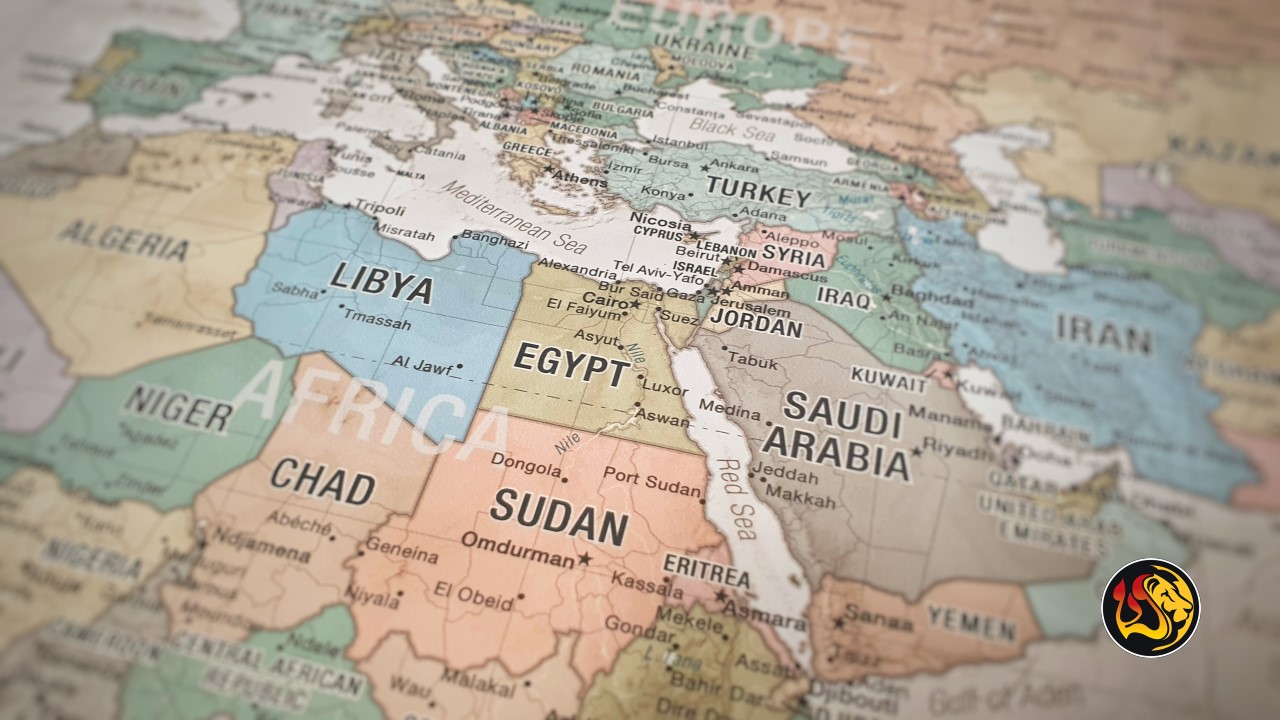By Stefan J. Bos, Chief International Correspondent Worthy News
(Worthy News) - Scores of churches have been licensed by Egypt’s government raising state-approved church operations to over 2,000, but anti-Christian incidents continue, Worthy News established.
Some 63 churches “and church-affiliated buildings” were reportedly licensed Sunday, November 7, by the Egyptian Cabinet committee supervising the process.
“This is the 21st batch of registrations,” explained Barnabas Fund, an advocacy group involved in supporting Christian congregations in the Muslim majority nation.
The group said the move brings “the total number of licensed churches to 2,021 out of the 3,730 that applied” since a “repeal of Ottoman-era restrictions on church buildings in 2016.”
Egypt’s government “has been steadily licensing” churches since early 2017, Christians told Worthy News.
Earlier, few churches were registered, and “it was extremely difficult” to obtain a license, rights activists stressed.
HOPEFUL NEWS?
In perhaps a hopeful development, Christian groups are allowed to worship in unlicensed church buildings until the registration process’ completion, Barnabas Fund noticed.
Representatives of Christians, who comprise roughly 10 percent of the population, say their situation has improved despite reported persecution in several regions.
However, Egyptian Christians, also known as Copts, expressed concern about pressure from local Muslim communities, mainly in rural areas.
There were reports of Christian women and girls kidnapped by Muslims and some attacks against churches or individuals.
Additionally, Christian students were forced by teachers to remove Christian pendants or bracelets bearing a cross, Worthy News learned.
Yet, Egypt’s Christian community has received President Abdel Fattah el-Sissi’s “verbal and practical support” if “anti-Christian incidents occur,” added Barnabas Fund.
In March this year, his government reportedly approved the introduction of teaching about Christianity and Judaism. The policy is seen as part of education in schools promoting “religious tolerance and understanding.”

